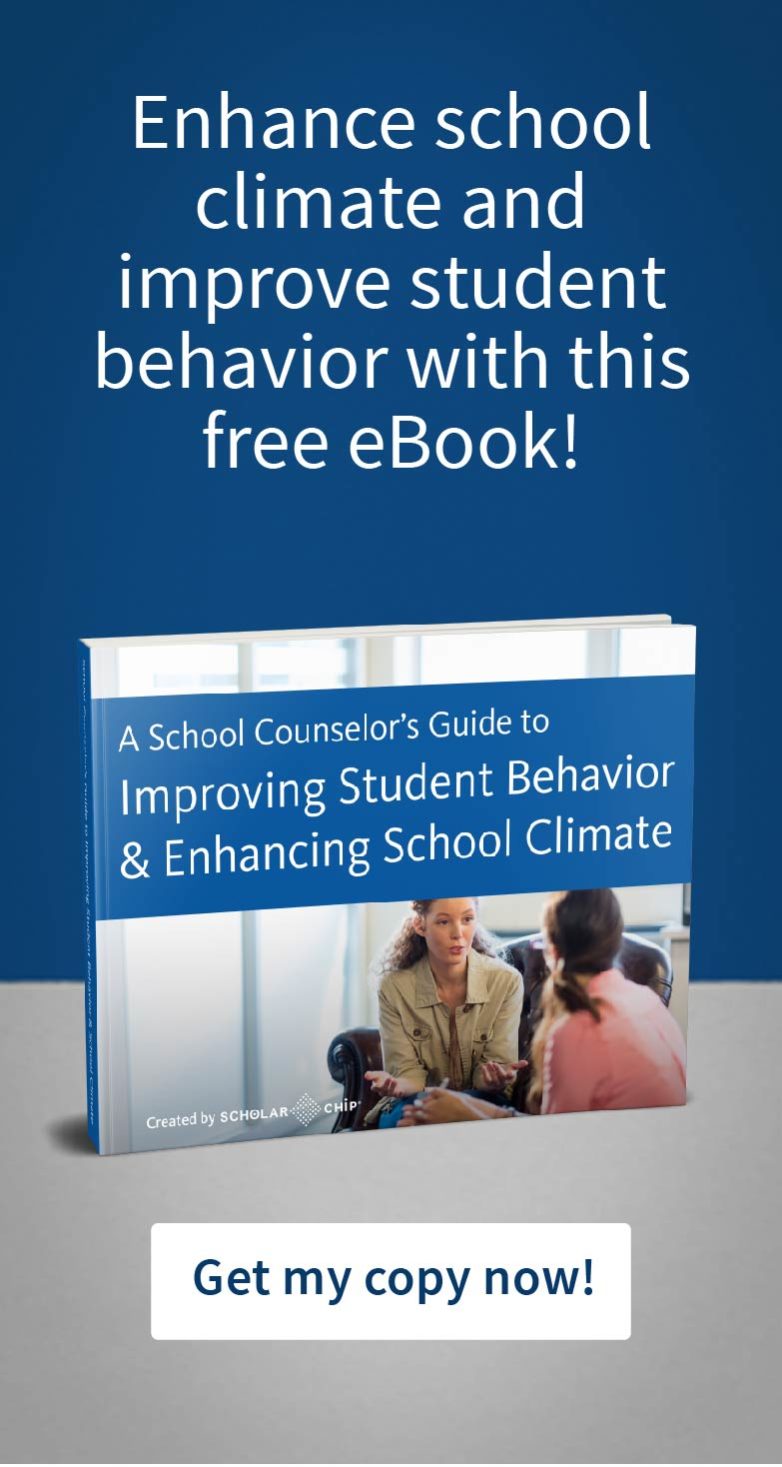As adults and educators, we may think that students behave poorly on purpose. While this sometimes may be the case, the reasons behind misbehavior are complex and multifaceted. Some students may not know that their behavior is disruptive and counterproductive, both for themselves and for their classmates. Others may want to change their attitudes but don’t know how to replace their counterproductive behavior with more appropriate habits. Both of these types of students can be helped through clear student learning objectives.
Counselors can develop behavioral learning objectives that give students clear and measurable advice about how to replace negative behaviors with more positive ones. Further, they can pass on these strategies to teachers and staff.
Here, we’ll talk about the types of student learning objectives that can promote positive behavior and change outcomes in the long run.
Definition of Student Learning Objectives
Students need to know what behaviors are valued in a classroom and how to achieve these outcomes. Counselors and teachers also need to offer measurable ways to determine if these outcomes are being met.
For example, if a middle school teacher tells her students that they must “be respectful,” she is not giving them particular respectful behaviors. What does respect look like?
Instead, she should provide measurable ways to meet this outcome, like raising one’s hand when he wants to make a comment, waiting until other students have finished talking to speak, and sitting still while the teacher is talking. Then, the student will have clear goals to work towards.
Eliminating Vague Behavior Modifications
Many times, faculty and staff may focus on stopping a negative behavior, rather than giving students reminders to replace that behavior with more productive ones.
Say, for example, that a student continuously yells his responses in class while a teacher is reading a story. The teacher’s impulse might be to tell him to stop speaking out of turn or to ignore him entirely.
A better strategy would be to remind him of the classroom objective to raise his hand when he wants to share a thought. This way, his negative energy can be funneled into a more productive task.
Offering Clear Advice for Changing Behavior
Students who misbehave regularly often sincerely don’t know what they’re doing wrong. Think of a time when you were visiting another country and embarrassed yourself because you weren’t familiar with a particular custom. Students can benefit from specific changes directed by the teacher like the following:
- A behavioral reminder. The teacher reminds the student to perform a specific action immediately before he is about to respond inappropriately.
- An academic adjustment. If the teacher has given the student a difficult task that makes her act out, the teacher may modify the expectations to meet the student’s goals.
- An environmental adjustment. If a student is too distracted by their surrounding peers, the teacher may re-draw the classroom seating chart.
- A warning. The teacher advises the student that if her behavior continues, she will lose out on something she was hoping to do later.
- A behavior conference from a teacher or counselor that includes the following four components:
-
- An explanation of why the student’s behavior is an issue;
- A student’s explanation of why he believes he is acting like he is;
- Teacher and student agree on a plan to modify the behavior;
- A discussion of the consequences of continued misbehavior.
Creating Interventions Based on Student Learning Objectives
ScholarChip’s behavior intervention program, ABE, simplifies interventions for students. Specifically, the program facilitates positive interventions for a variety of negative behaviors, including bossiness, aggression, and speaking out of turn.
Take for example a high school student who continuously skips class. ABE might give that student real-world examples of what happened to other students who were truant, as well as offering quizzes that asked the student to identify specific behaviors.
Teachers and counselors can also use ABE’s modules to create a reward system that praises students for developing positive habits. So, for example, if disruptive students behaved properly for set number of days, then they’d be able to amass a certain number of points. If a student fell below a certain threshold, too, other consequences might result.
Using Data to Develop and Modify Student Learning Objectives
On a school-wide level, ABE can track behavior and interventions to develop curricular changes to support students. For example, a counselor could receive a real-time graph describing problematic behavior and replacement behavior for a set period of time. If a particular type of replacement behavior worked effectively, teachers, administrators, and even parents could know they should continue encouraging students to enact these habits.
In order for teachers and staff to be more compassionate to misbehaving students, they should recognize that students don’t always know why one behavior is praised while another is penalized. Offering clear learning objectives to students can help them know how to behave appropriately in any given situation. When students have a better understanding of how they should be acting in the classroom, they are more likely to respond productively.
ScholarChip offers a solution called Alternative Behavior Educator (ABE). This innovative program enables counselors to identify, monitor, and improve student behavior throughout a student’s career, while giving administrators and teachers powerful data-driven reports that quickly flag at-risk students, help monitor and chronicle progress, and support decision-making tasks. The ScholarChip system incorporates the complete spectrum of behavior and integrates student rewards, interventions, and tracking with PowerSchool®, Infinite Campus, and other popular SIS platforms.
To learn how ScholarChip can help keep your schools safer and more secure learn more about the many solutions ScholarChip provides, or to get free recommendations, feel free to contact us today!

